Blake Morgan e-Magazine | Winter 2023 | Issue 6
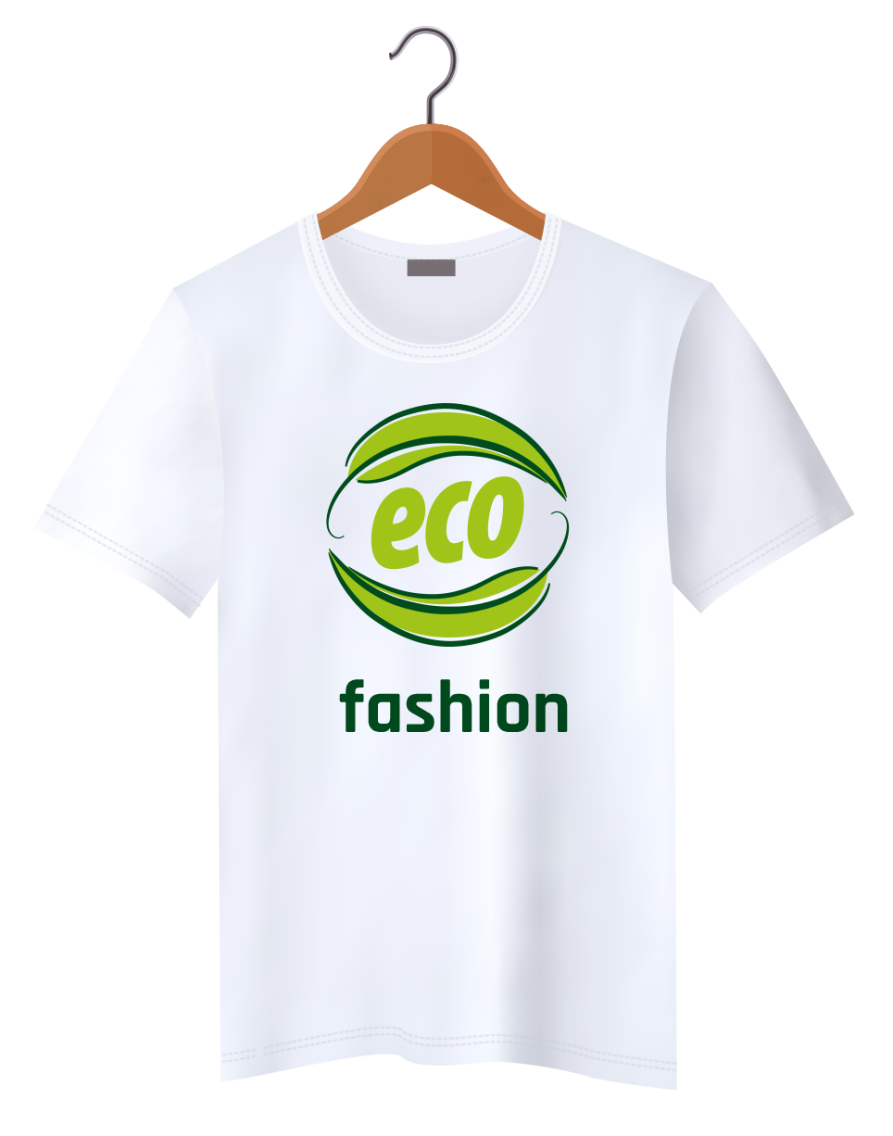
In 2022, the fashion industry was estimated to be worth a staggering $1.7 trillion. 1This is predicted to rise to nearly $2 trillion by 2026. In the UK alone, the revenue of the apparel market is approximated as being £55bn. 2These are almost unfathomable numbers, but do clearly indicate how key the fashion industry is in the global and national economies.
by Alex Hill


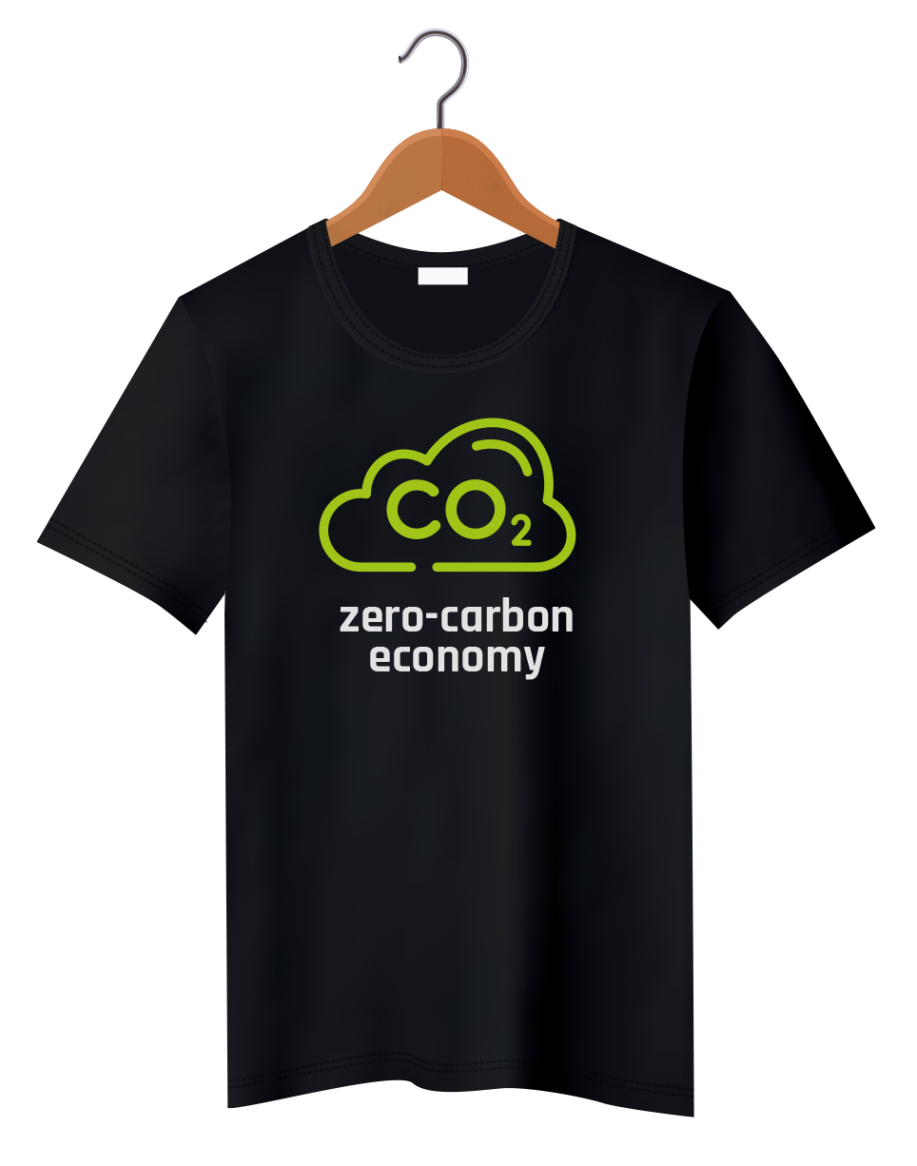
Blake Morgan LLP is a full-service law firm offering legal advice with a focus on commercial application and practical experience. Its IP team is led by Lee Fisher. We are always happy to take enquiries and discuss how we can assist in the protection and commercial use of your intellectual property.
Teemill are an online fashion business providing a platform for small and large-scale operations alike to access a cost-effective and environmentally-conscious production chain for t-shirts. They host the organisations' front-facing shop, whilst any order received by its customers is prepared in a factory fully powered by renewable energy and a zero-carbon economy.
Part of their offering is their REMILL promise. Each shirt sold is able to be returned and remade into another shirt, leading a circular economy. It lowers their carbon footprint, mitigates the need for raw resources and provides an example for how the fashion industry can be better.
As this example demonstrates, while the market for environmentally friendly products is crowded, there is still opportunity for firms with genuine environmental credentials to use their brand to communicate this to their consumers. They just may need to get creative.
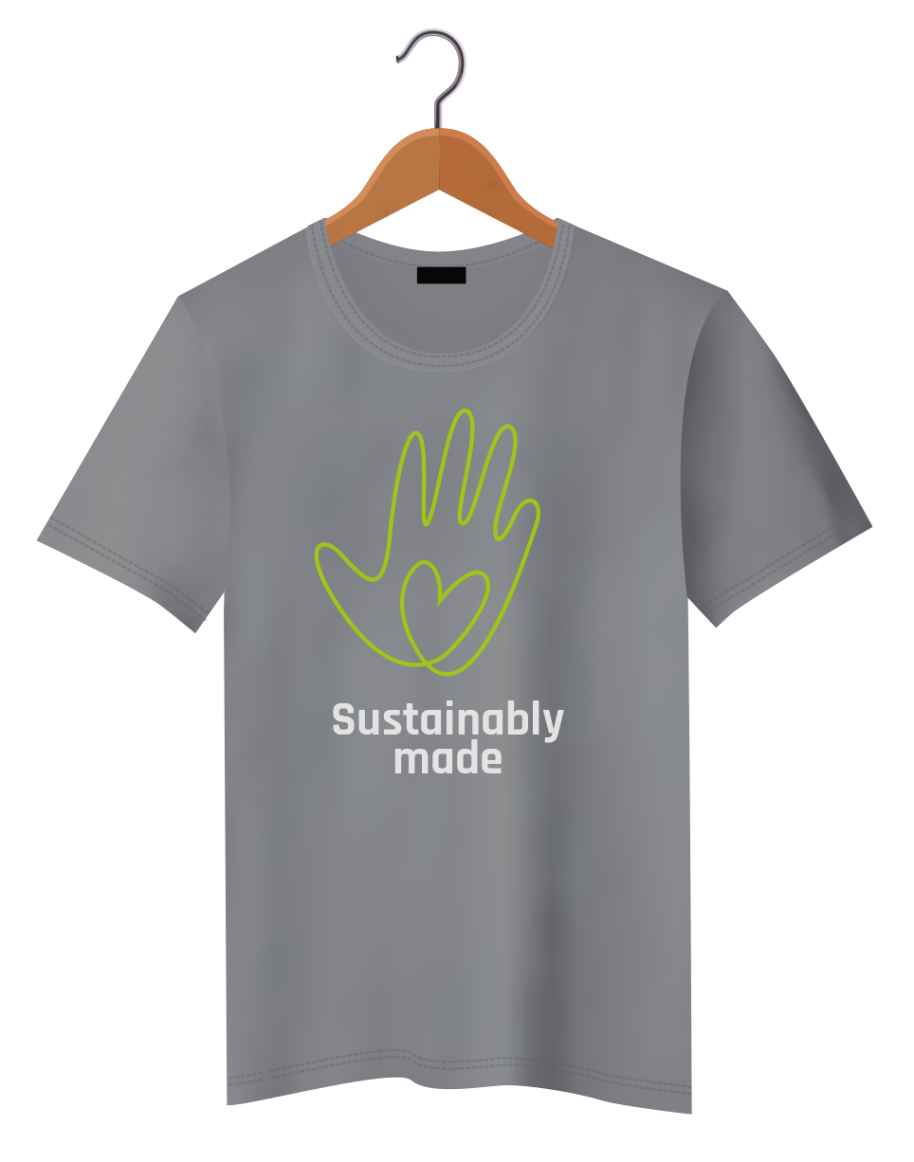
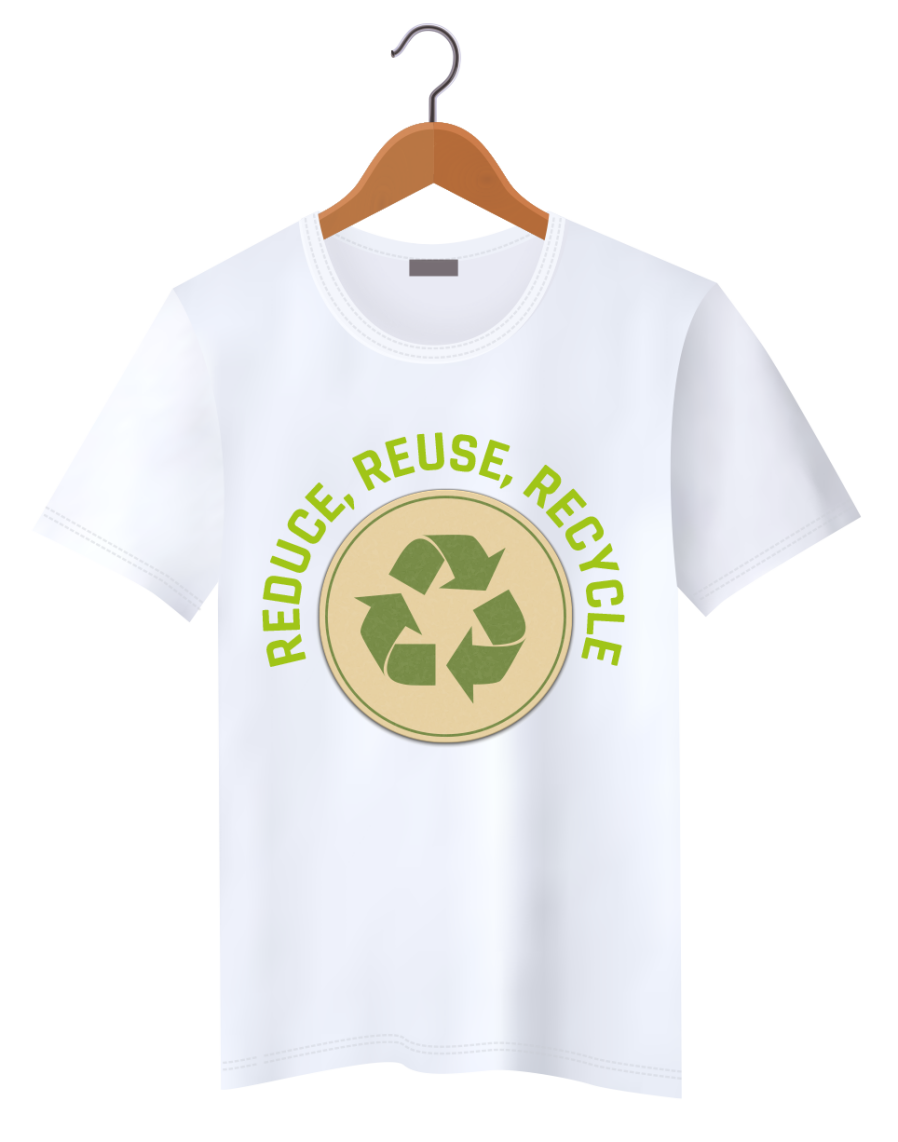
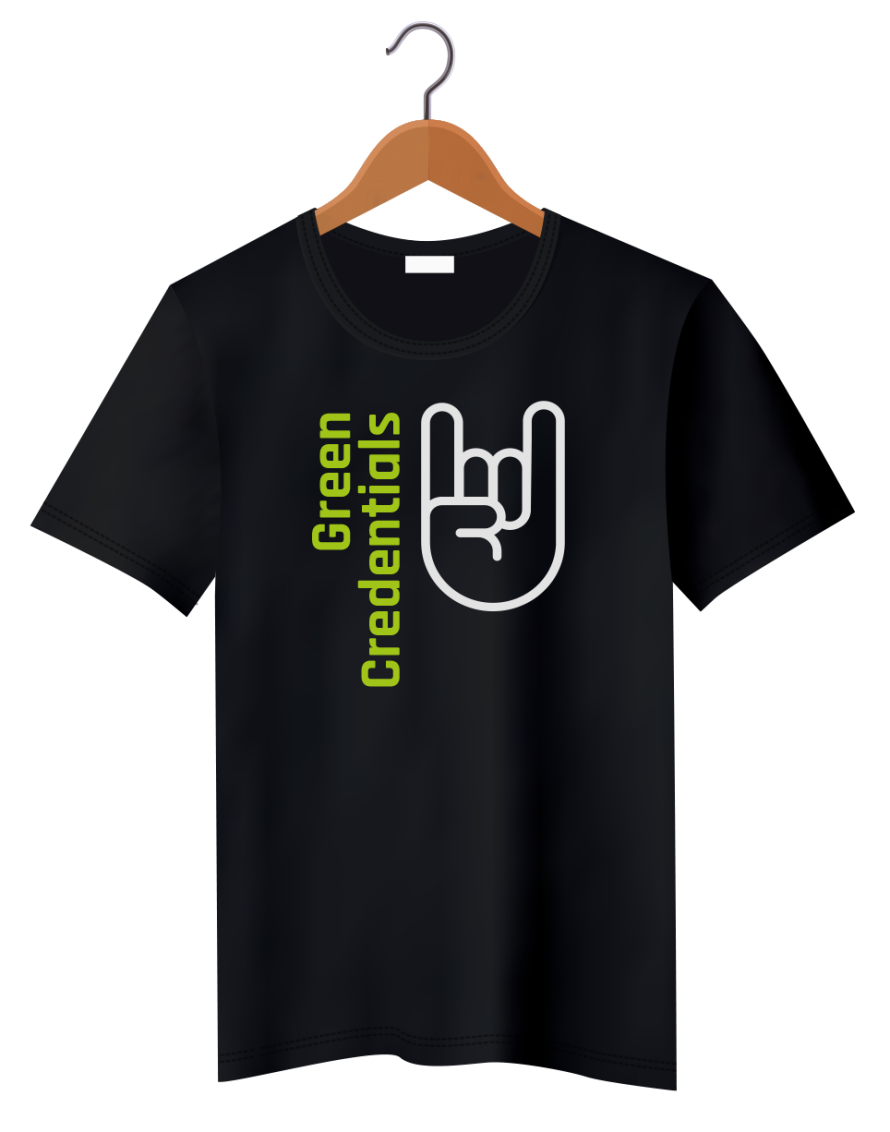
One of the key provisions within the Trade Marks Act 1994 which regulates trade mark registration in the UK is section 3(3)(b) which prohibits registration of a trade mark which is "of such a nature as to deceive the public (for instance as to the nature, quality or geographical origin of the goods or services)." These provisions help ensure that any registered trade mark is not deceiving as to the eco-quality of the product or brand in question. Therefore, a well-informed company will ensure that any branding that involves "green" promotion has the available qualitative and quantitative data to back up its claims. This will not only help convince the Advertising Standards Authority (the UK's advertising watchdog) that you are being truthful in your advertising, it will also prevent any refusal of your "green" trade mark on the basis that it may be deceitful to the public.
And let's be honest, no company wants to lie to its customers!
An example of this is our client, Teemill Tech, whose trade mark. 'REMILL', is centred around sustainability.
Due to the rise in interest in environmentally friendly products, the market is now crowded with 'Green' and 'Eco' brands.
Searches for both 'Green' and 'Eco' throw up over more than 1,000 results on the UK Intellectual Property Office's trade mark registry. This will include a significant number of dead trade marks that are no longer in use, but will also include numerous combinations of words that have 'Green' or 'Eco' either as a prefix, suffix or somewhere in between. There is a resultant squeeze on the register and a lack of space for other, potentially more suitable brands, to come into the market who bring new, inventive and, most importantly, evidentiary-supported trade marks (in the sense that the trade mark represents bona fide "green" actions).
To address this, firms need to get creative.
Time for a new design
Companies with their finger to the pulse will use what they can in the pursuit of growth and position within a given market. Due to the worldwide attention on climate change, more and more companies wish to bring into the public's attention their "green" credentials, as a tool to attract more customers and generate positive publicity. In 2019, a total of £41 bn was spent by UK consumers on ethical goods and services3, indicating a thriving (and growing) industry, and an opportunity to capitalise on this.
This comes with certain perils, however. Using "green" themes or misleading environmental data to promote products, is commonly referred to as "greenwashing" and some big name brands have been called out on this. If you don't want to end up like Asos, Boohoo and George at Asda, and want to avoid accusations of misleading claims4 or regulatory investigations into your brand's advertising5, you must think carefully about whether the proof is in the pudding.
Make sure that the proof is in the pudding
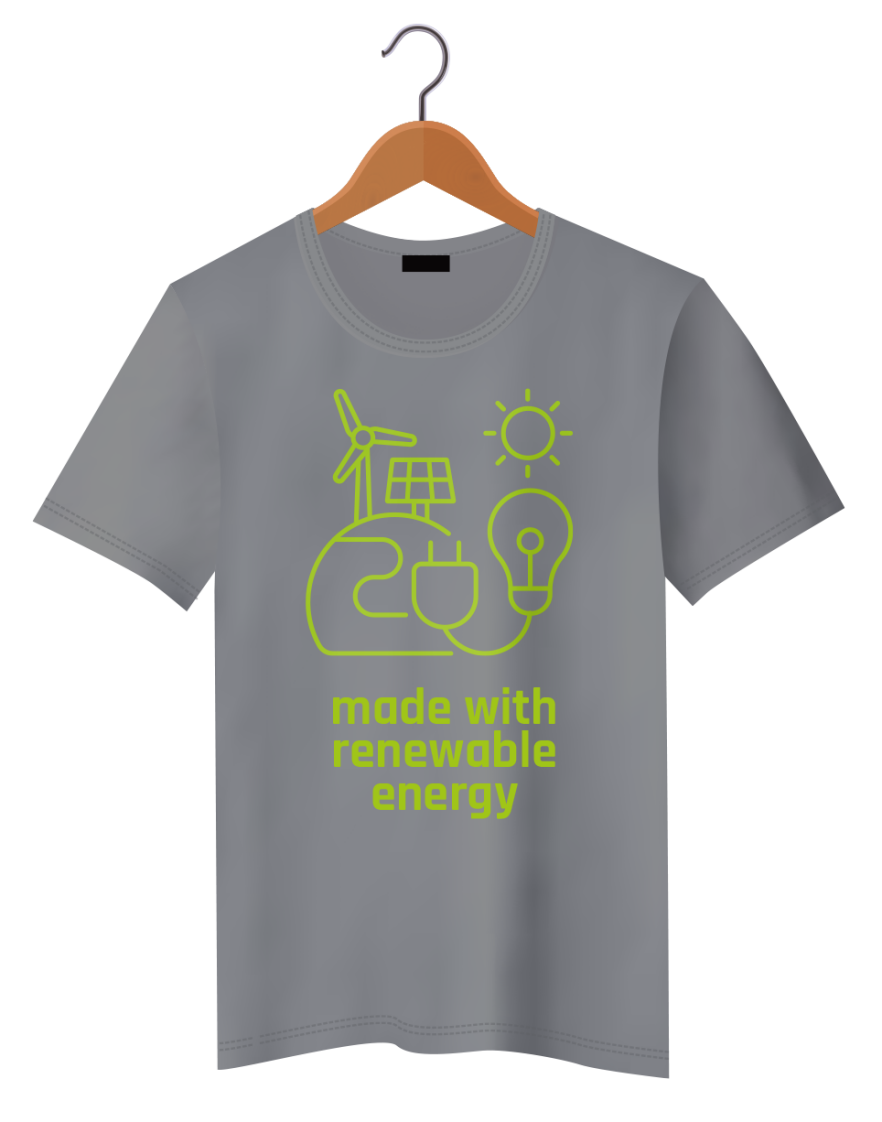
1 https://www.statista.com/forecasts/821415/value-of-the-global-apparel-market
2 https://www.statista.com/topics/3348/apparel-market-in-the-uk/
3 https://www.gov.uk/government/news/cma-to-examine-if-eco-friendly-claims-are-misleading
4 https://goodonyou.eco/greenwashing-examples/
5 https://www.theguardian.com/business/2022/jul/29/asos-boohoo-george-at-asda-investigated-over-eco-friendly-claims-sustainability
As a consequence, the fashion industry's impact on the environment is coming under ever greater scrutiny. And many firms are taking steps to make a difference in their own way, whether by reducing their dependency on energy overall, changing the sources of energy that they use, or eliminating unnecessary waste in the form of disposable materials and the increase in recycling / reusing.
One of the ways in which companies can market and advertise these steps effectively is by using trade marks. When used correctly, trade marks are a powerful tool in the growth of a company and / or product. If used incorrectly, it can open a company up to claims as to misuse, negative publicity and regulatory liability for false advertising. This is fully apparent when we discuss "eco trade marks".
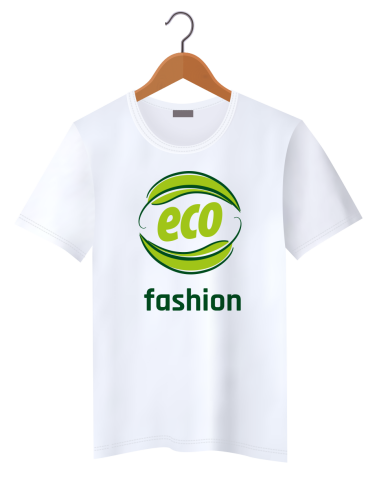
by Alex Hill
In 2022, the fashion industry was estimated to be worth a staggering $1.7 trillion. 1This is predicted to rise to nearly $2 trillion by 2026. In the UK alone, the revenue of the apparel market is approximated as being £55bn. 2These are almost unfathomable numbers, but do clearly indicate how key the fashion industry is in the global and national economies.


1 https://www.statista.com/forecasts/821415/value-of-the-global-apparel-market
2 https://www.statista.com/topics/3348/apparel-market-in-the-uk/
3 https://www.gov.uk/government/news/cma-to-examine-if-eco-friendly-claims-are-misleading
4 https://goodonyou.eco/greenwashing-examples/
5 https://www.theguardian.com/business/2022/jul/29/asos-boohoo-george-at-asda-investigated-over-eco-friendly-claims-sustainability
Blake Morgan LLP is a full-service law firm offering legal advice with a focus on commercial application and practical experience. Its IP team is led by Lee Fisher. We are always happy to take enquiries and discuss how we can assist in the protection and commercial use of your intellectual property.
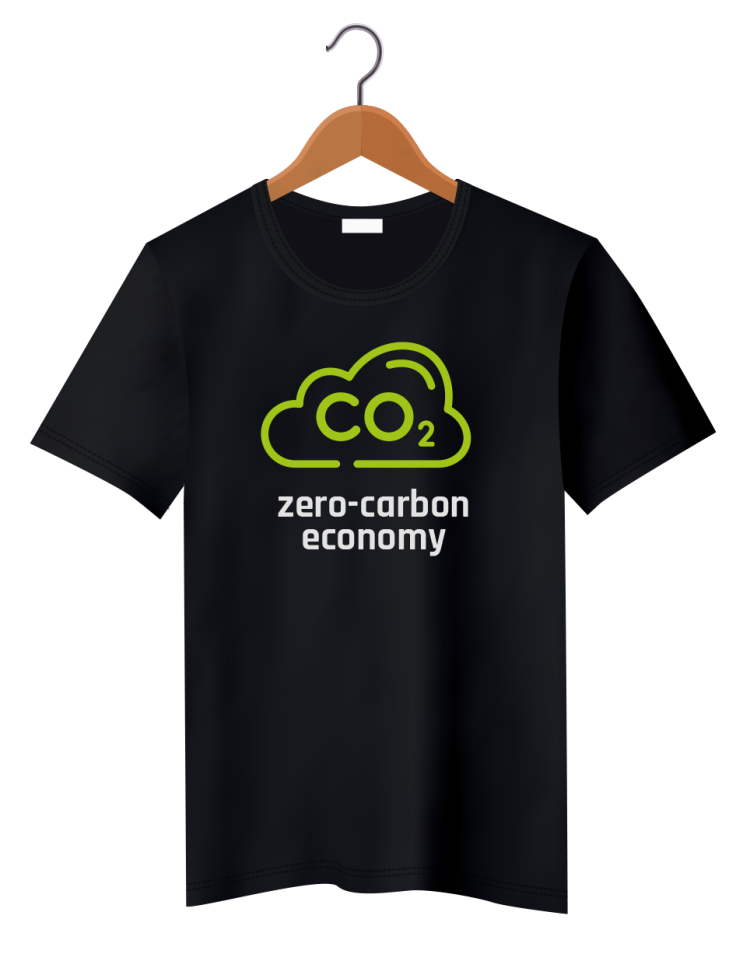
Teemill are an online fashion business providing a platform for small and large-scale operations alike to access a cost-effective and environmentally-conscious production chain for t-shirts. They host the organisations' front-facing shop, whilst any order received by its customers is prepared in a factory fully powered by renewable energy and a zero-carbon economy.
Part of their offering is their REMILL promise. Each shirt sold is able to be returned and remade into another shirt, leading a circular economy. It lowers their carbon footprint, mitigates the need for raw resources and provides an example for how the fashion industry can be better.
As this example demonstrates, while the market for environmentally friendly products is crowded, there is still opportunity for firms with genuine environmental credentials to use their brand to communicate this to their consumers. They just may need to get creative.
An example of this is our client, Teemill Tech, whose trade mark. 'REMILL', is centred around sustainability.
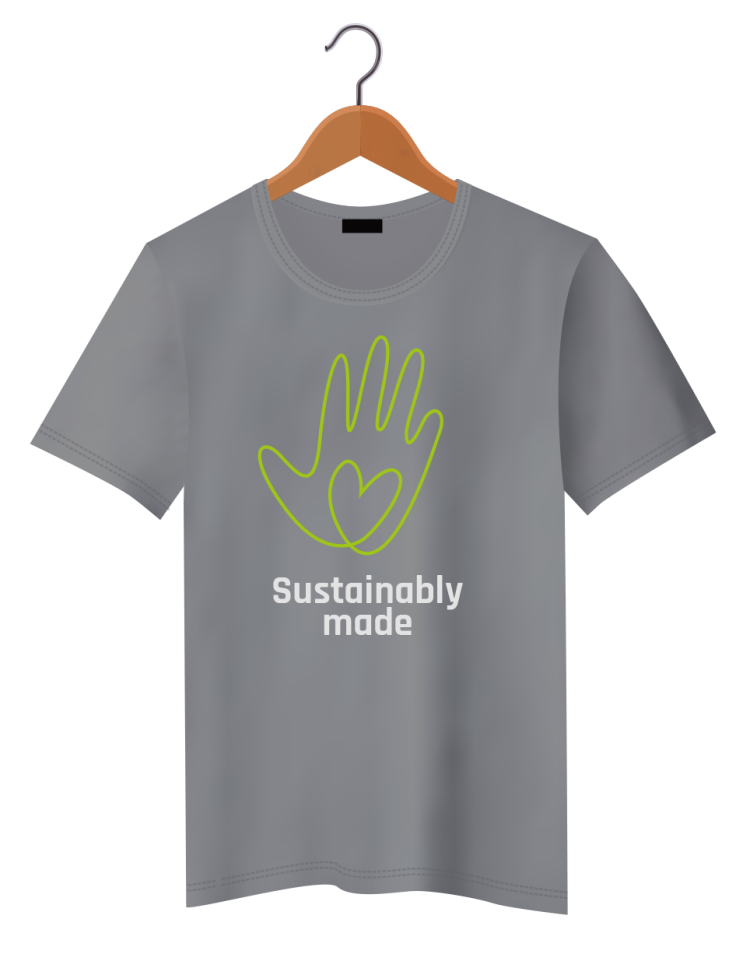
Due to the rise in interest in environmentally friendly products, the market is now crowded with 'Green' and 'Eco' brands.
Searches for both 'Green' and 'Eco' throw up over more than 1,000 results on the UK Intellectual Property Office's trade mark registry. This will include a significant number of dead trade marks that are no longer in use, but will also include numerous combinations of words that have 'Green' or 'Eco' either as a prefix, suffix or somewhere in between. There is a resultant squeeze on the register and a lack of space for other, potentially more suitable brands, to come into the market who bring new, inventive and, most importantly, evidentiary-supported trade marks (in the sense that the trade mark represents bona fide "green" actions).
To address this, firms need to get creative.
Time for a new design
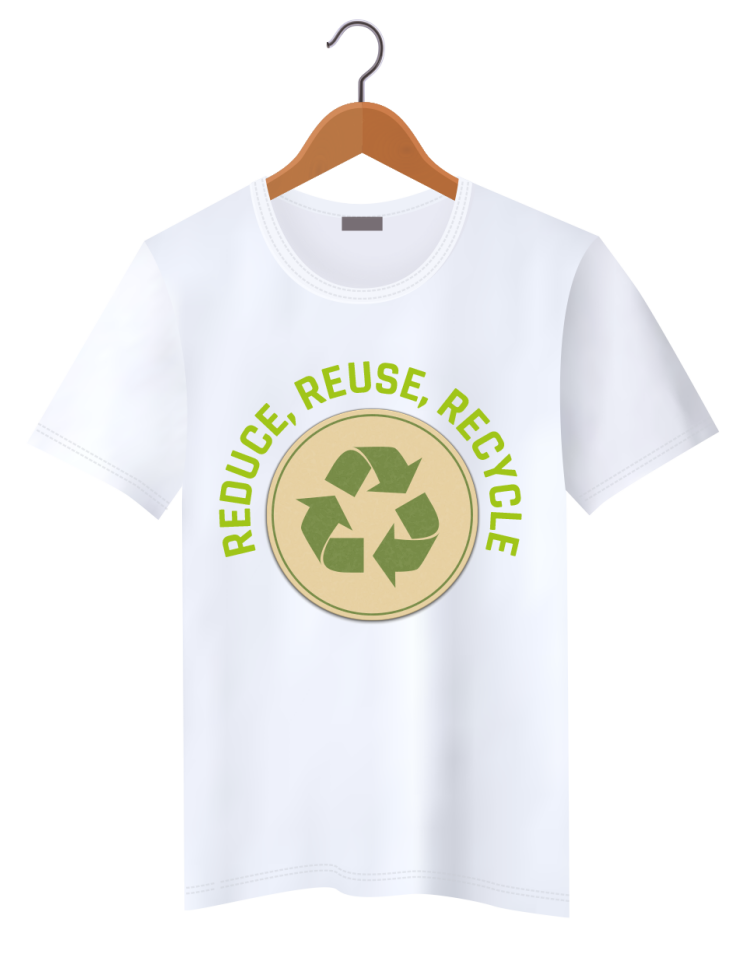
One of the key provisions within the Trade Marks Act 1994 which regulates trade mark registration in the UK is section 3(3)(b) which prohibits registration of a trade mark which is "of such a nature as to deceive the public (for instance as to the nature, quality or geographical origin of the goods or services)." These provisions help ensure that any registered trade mark is not deceiving as to the eco-quality of the product or brand in question. Therefore, a well-informed company will ensure that any branding that involves "green" promotion has the available qualitative and quantitative data to back up its claims. This will not only help convince the Advertising Standards Authority (the UK's advertising watchdog) that you are being truthful in your advertising, it will also prevent any refusal of your "green" trade mark on the basis that it may be deceitful to the public.
And let's be honest, no company wants to lie to its customers!
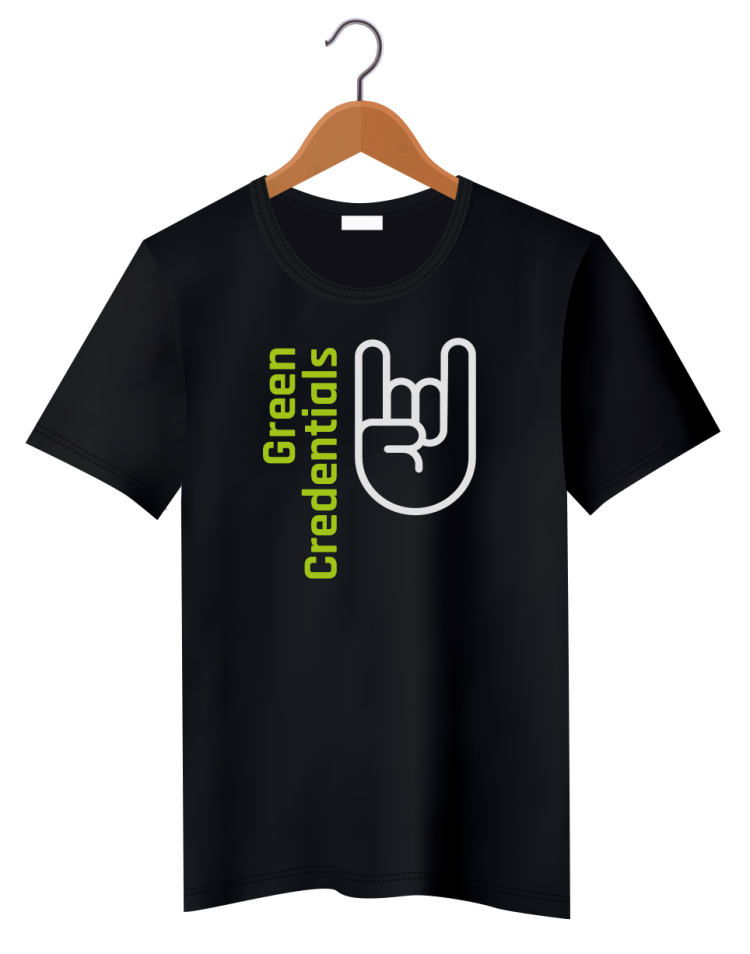
Companies with their finger to the pulse will use what they can in the pursuit of growth and position within a given market. Due to the worldwide attention on climate change, more and more companies wish to bring into the public's attention their "green" credentials, as a tool to attract more customers and generate positive publicity. In 2019, a total of £41 bn was spent by UK consumers on ethical goods and services3, indicating a thriving (and growing) industry, and an opportunity to capitalise on this.
This comes with certain perils, however. Using "green" themes or misleading environmental data to promote products, is commonly referred to as "greenwashing" and some big name brands have been called out on this. If you don't want to end up like Asos, Boohoo and George at Asda, and want to avoid accusations of misleading claims4 or regulatory investigations into your brand's advertising5, you must think carefully about whether the proof is in the pudding.
Make sure that the proof is in the pudding
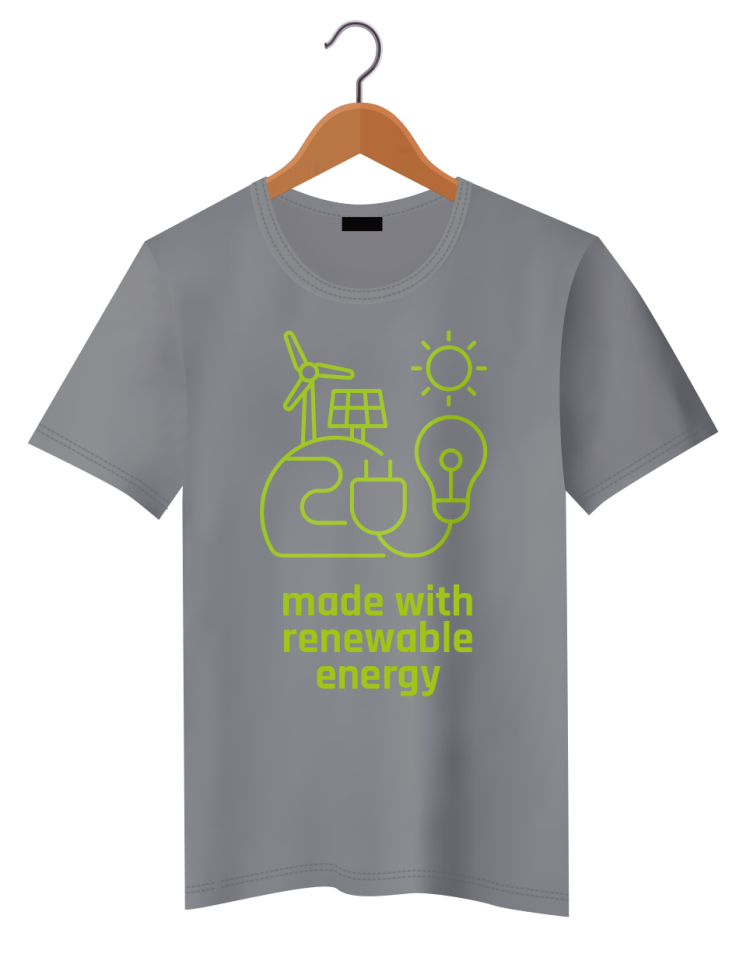
As a consequence, the fashion industry's impact on the environment is coming under ever greater scrutiny. And many firms are taking steps to make a difference in their own way, whether by reducing their dependency on energy overall, changing the sources of energy that they use, or eliminating unnecessary waste in the form of disposable materials and the increase in recycling / reusing.
One of the ways in which companies can market and advertise these steps effectively is by using trade marks. When used correctly, trade marks are a powerful tool in the growth of a company and / or product. If used incorrectly, it can open a company up to claims as to misuse, negative publicity and regulatory liability for false advertising. This is fully apparent when we discuss "eco trade marks".
